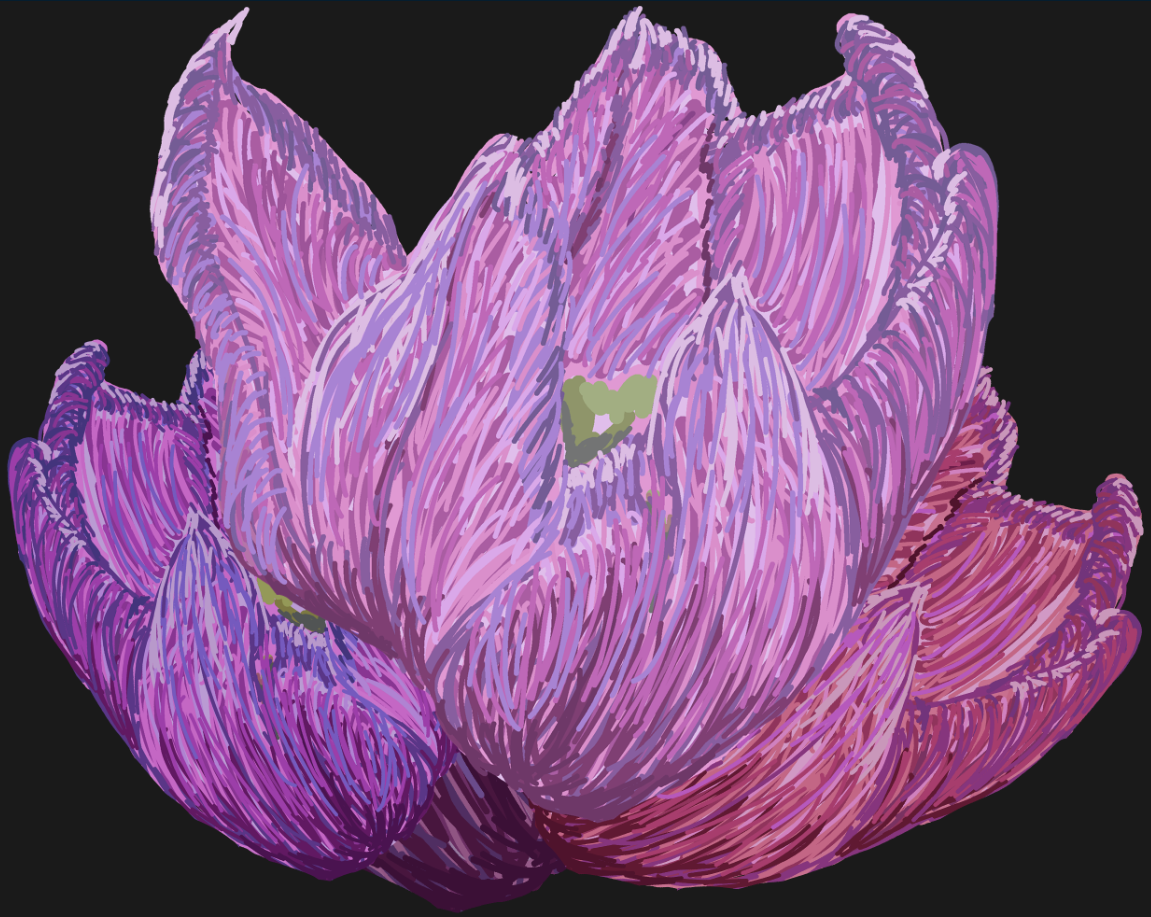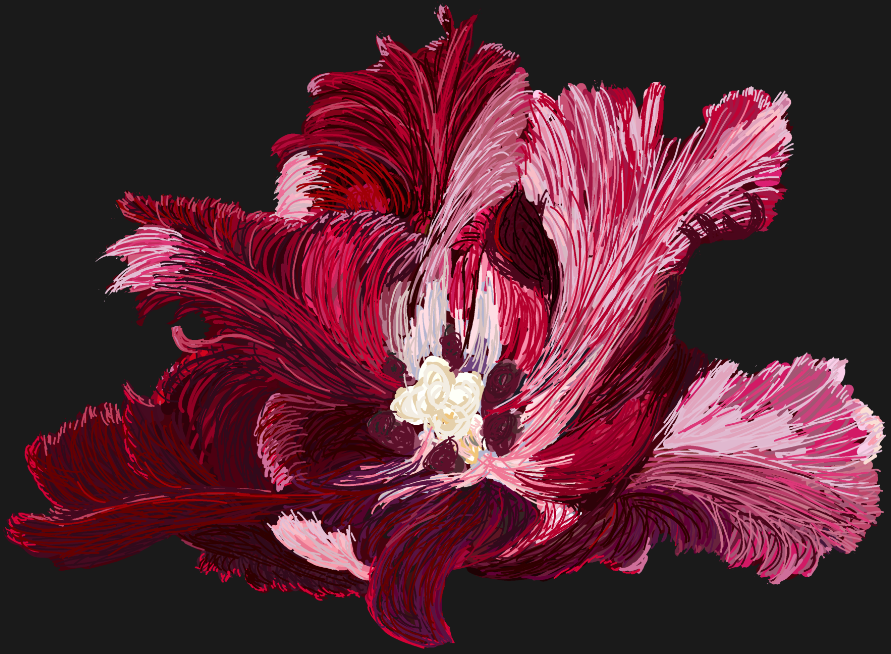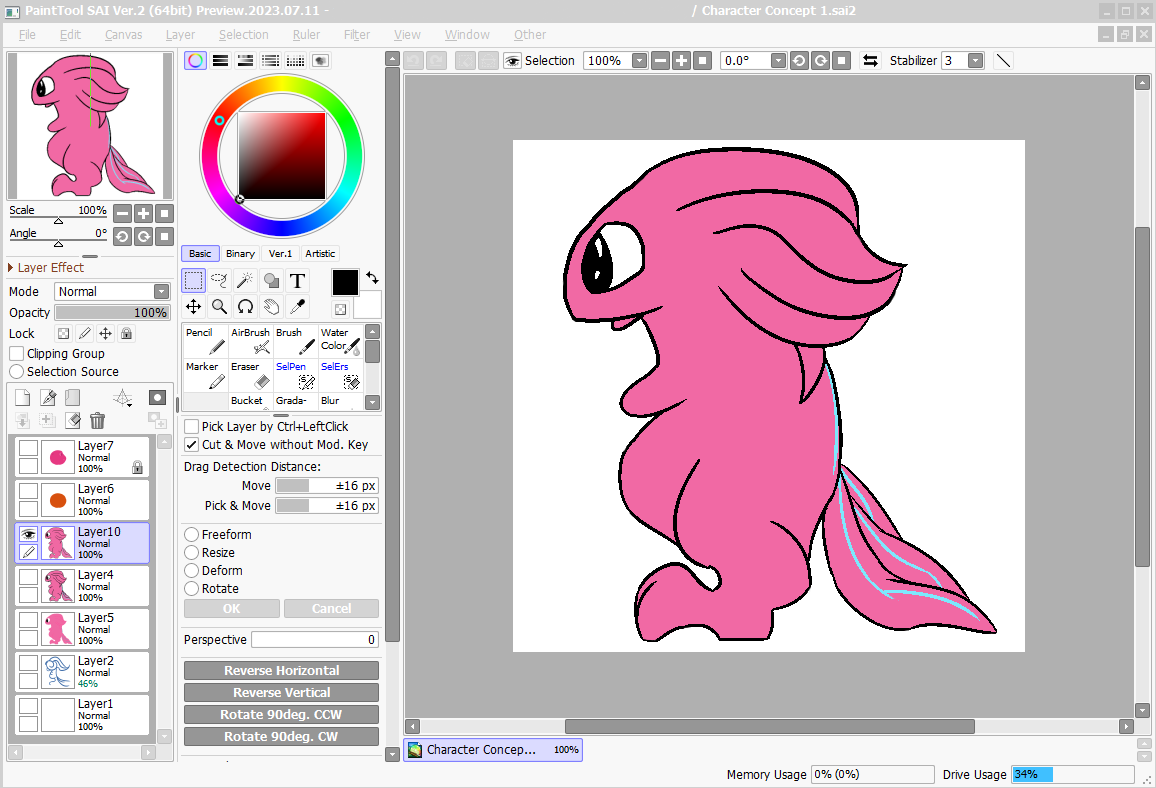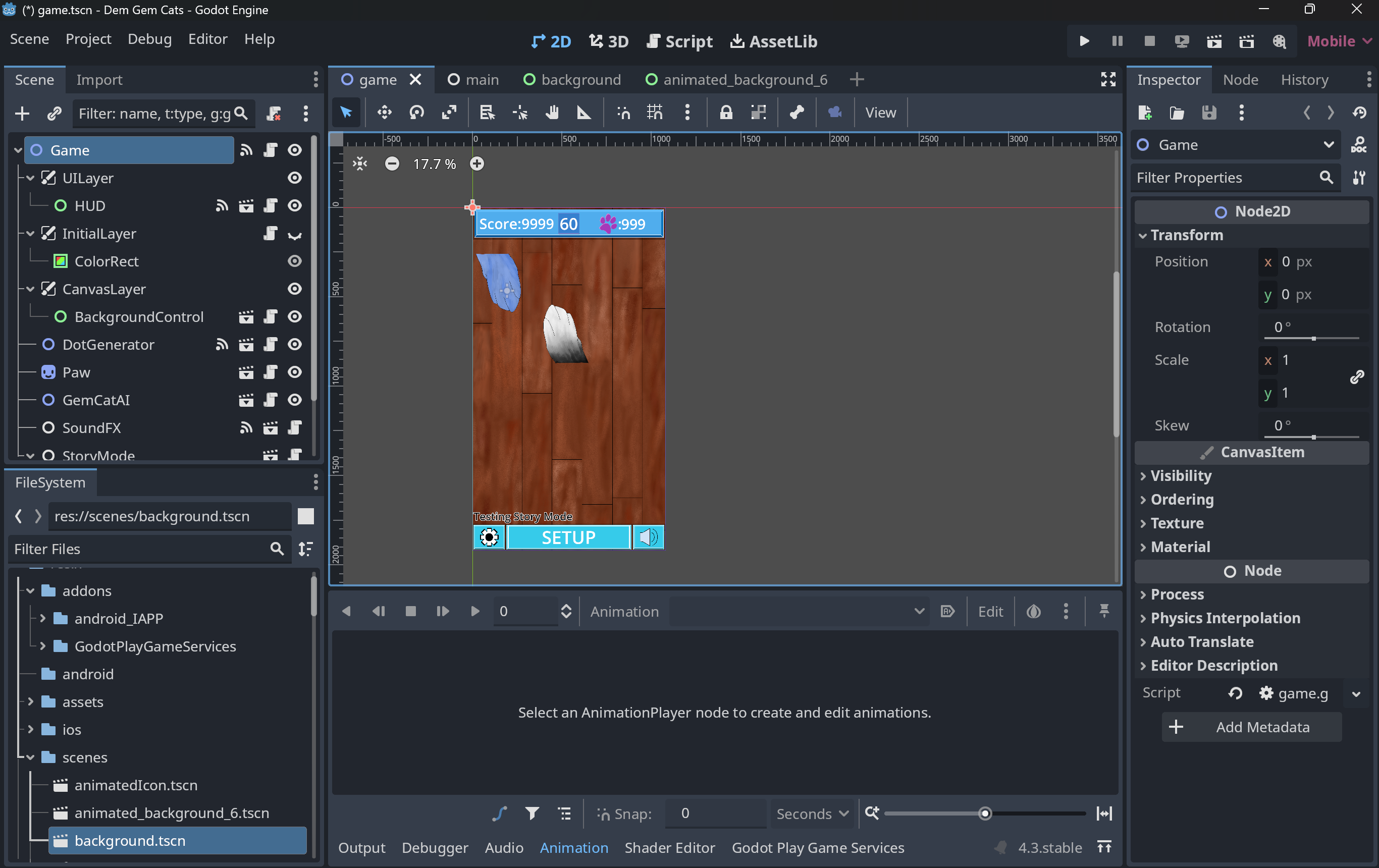Project Overview
There are tons of tools out there for any variety of things. These are some I've found and like tremendously for what I do. Whether that's for Music, Art, or Game Development.
Technologies Used
Music Composition
Music Composition
All music for Dem Gem Cats has been done by myself, Kelson Bain, using LLMS and Reaper. Choices is currently next in development.
LLMS is a free DAW (software used for creating music), but I've found a strong community within Reaper for better orchestration. Many of my descisions for how I've composed music comes from the experiment structure of Choices, where you can level up various attributes and have that choice impact your experience. You may gain a new ability and the environment may adapt to facilitate that change. To drive this point home, when you upgrade an ability for the first time you'll hear the part of the overall soundtrack. You could decide jumping simply wasn't important and never know there was a violin section to the song- and that's okay. For Choices, I've tried creating tracks with strong bass, melody, counter-melody, and accents. This allows me to identify the parts of the track I want tied to the various skills. The tracks are hopefully put together in a way that they feel... not necessarily complete, but independent and able to stand on their own. When combined, they should feel stronger together, interweaving within one another.
I use a couple of different MIDI keyboards, digital instruments through Native Instruments, and sample editing in Audacity.
Art Creation
Art Tools
All art for Dem Gem Cats has been done by myself, Kelson Bain, primarily using Paint Tool Sai 2, keeping the majority of the artwork within one file for relative scaling.
I've used Paint Tool Sai 2 for a number of years, exploring layering, tool adjustment, and edit techniques. There are many tutorials for such a strong piece of software. I highly recommend taking a look if exploring digital art tools.



Game Dev - Godot
Using the Godot Game Engine
I came to Godot from a Unity background and transitioned from programming in C# to GDScript. Godot is free and open source with a strong community, focussing on interface design and node-based programming. If something about the editor isn't working for you, you can create your own adjustments. Many people use visualization plugins, add windows for common tasks, and take full advantage of the official plugin respository built-in. The development of the engine is also fast-paced, so you can expect improvements every quarter.
Programming in Godot is best thought of as focussing on object-based references. You provide properties to an object and define how it interacts with others. They don't need to be in the same space, they just need to be defined and referenced.
Godot is fairly user-friendly and has many tutorials depending on what you're trying to accomplish. The only area it seems to lack in is integrating with third-party systems. Some exceptional people take the time to craft plugins for letting Godot work with iOS and Google, but you need to be able to update those plugins for your version of Godot and adapt to the third-party changes themselves.

Using AI Ethically
Incorporating AI
Artificial Intelligence can be used in many ways to make your work easier and level up your products, but I feel that you still need to use it as a tool to better yourself instead of relying on it to do the work for you. In music composition, I may ask ChatGPT about what chords go well together, especially when considering a particular atmosphere or emotion. I'll then play with those chords until I create something that sounds good and captures what I'm trying to convey. Using an AI like Suno (which generates songs for you) could be done to keep options in mind like rhythms or instruments that would go well into what I've already created, but it's a reference tool and not a wholistic workflow.
In Image Generation, using stable diffusion or MidJourney models, I'd use it to immediately capture the concept of what I'm trying to create. Since I'm a very visual person, but sometimes those visuals are fleeting, I want to create a good reference to remember what I originally wanted to make.
For Game Development, I use ChatGPT and Perplexity to help troubleshoot errors, provide example code to learn from, and consider additional approaches to design. Using these AI tools in these ways allows me to continue development work at a reasonable pace without falling into the traps many people do when "vibe coding", which means just letting the AI do it for you and if something breaks both you and the AI tool have no idea how to fix it.
It's currently still very important to continue creating content yourself over letting AI do it for you due to legal/copyright reasons as well as arguably cultural.
AI Implementation As Reference Benefits
- Thinking outside your own perspective
- Quickly capturing concepts not yet materialized
- Increased productivity and quality while maintaining authenticity